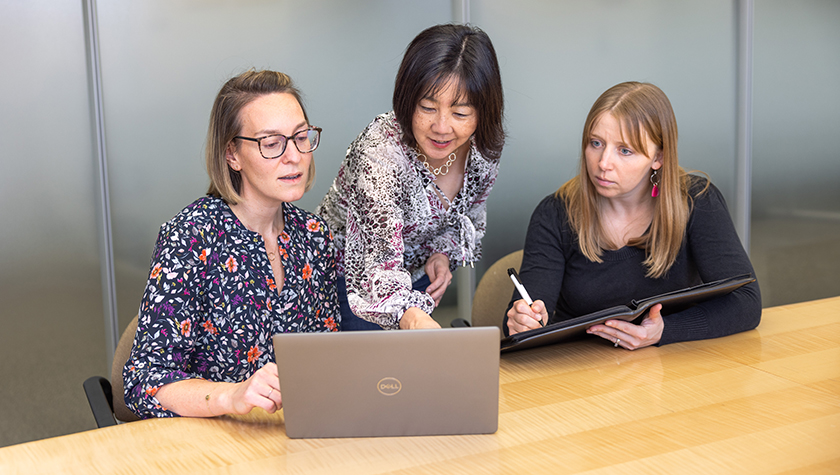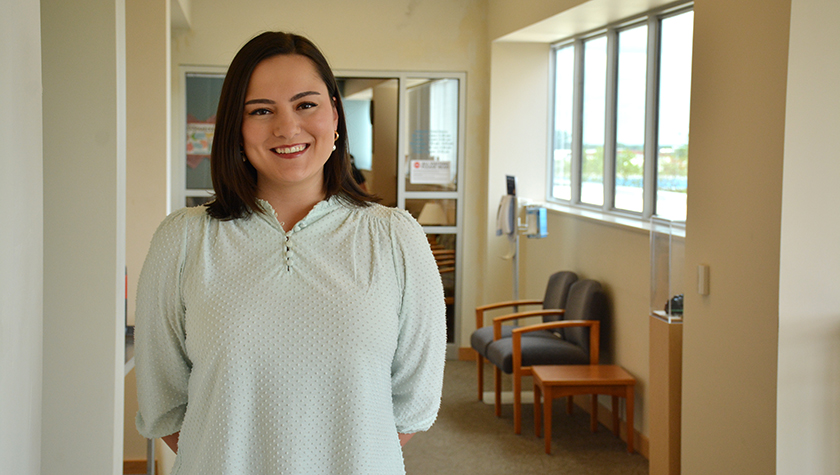
Created at the UW–Madison School of Pharmacy, Med Wise Rx™ is helping older adults understand their medications — and advocate for themselves
By Archer Parquette
In practice, pharmacy often involves a professional verbally reviewing a prescription with a patient — covering when to take it, common side effects, and more. Sometimes, especially with older adults juggling multiple prescriptions and over-the-counter medications, important information falls between the cracks. A patient might not know the right questions to ask, how their medications will interact, or fully understand what they’re being told. When medication errors can be life-threatening, that’s a major problem.
Med Wise Rx™, an education program created by faculty at the University of Wisconsin–Madison School of Pharmacy, flips the script. Founded in 2011 by Professor of Social and Administrative Sciences Betty Chewning and Professor of Pharmacy Practice Beth Martin (BS ’90, MS ’03, PhD ’06), the program empowers patients to advocate for themselves.
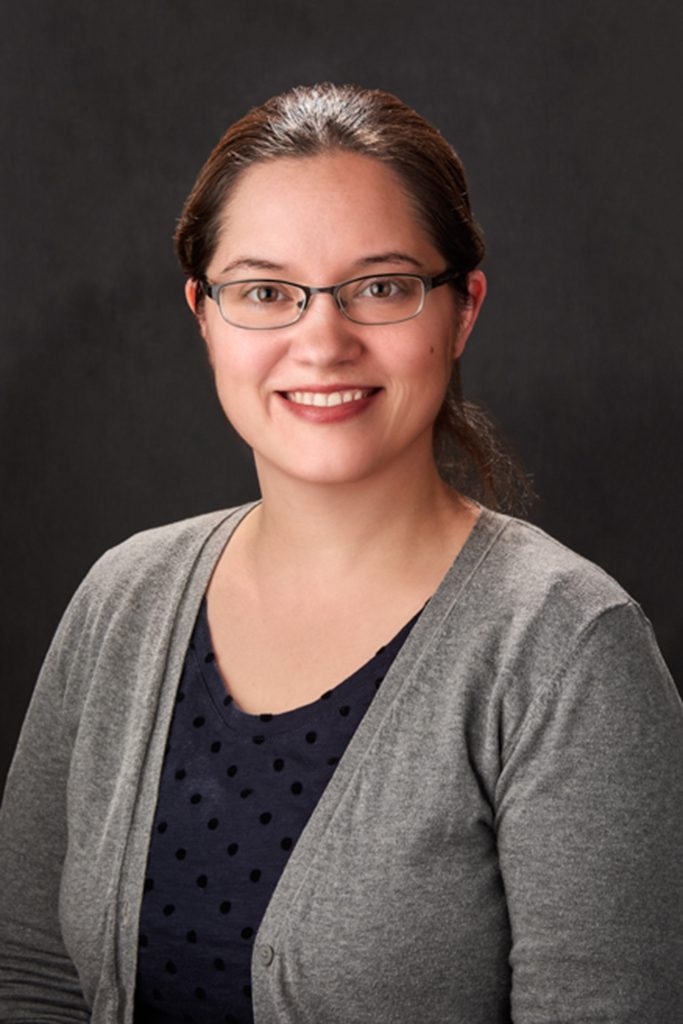
“In the School of Pharmacy, we all work to help our students develop excellent communication skills — and we realized that it would be very helpful if patients also have equally good communication skills,” Chewning says. “Our goal was to give older adults taking multiple medications the confidence and skills to ask for the services and information they need. That helps patients manage their medication well, and it also helps them be more comfortable and assertive about their health care.”
Fourteen years ago, Med Wise Rx™ began as an in-person workshop held at community centers around Wisconsin. Chewning and Martin — with the help of Associate Professor of Pharmacy Practice Amanda Margolis (PharmD ’09, MS ’17), a research assistant at the time — developed a curriculum that included tips for talking with a pharmacist, ways to keep track of multiple medications, and more.
Today, Med Wise Rx™ has been implemented in 14 Wisconsin counties and recently received a Dissemination and Implementation Grant from the UW Institute for Clinical and Translational Research to expand its program into a virtual format.
“We want to make Med Wise Rx™ more generalizable and sustainable,” Martin says. “Pharmacists are an underutilized resource. We want Med Wise to be as accessible as possible so that more patients can learn these skills and put them into action.”
Promoting patient advocacy
The COVID pandemic was a catalyst for the digital evolution of Med Wise Rx™. With in-person workshops suddenly much less viable, Chewning and Martin began migrating their educational programming to Zoom.
Amber McCaughey (PharmD ‘10), then a pharmacist at Walmart and HSHS Sacred Heart Hospital’s emergency department in Eau Claire, signed on as a guest pharmacist facilitator for one of the virtual sessions.
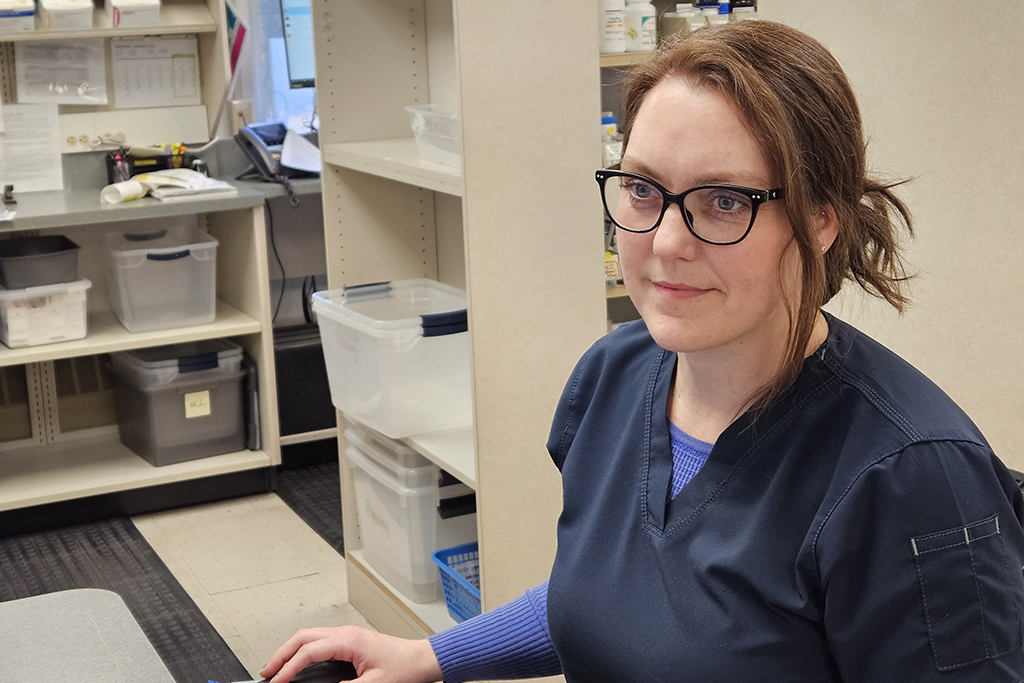
“I’ve worked with seniors in their transitions of care, from hospital to clinic to retail pharmacy, so I’ve seen what that process is like and I felt like I could help,” she says.
McCaughey, who is now lead pharmacist at Gundersen St. Elizabeth’s Hospital in Wabasha, Wisconsin, led a presentation for seniors, explaining resources that many didn’t know they had. For example, patients with multiple chronic conditions can have medication reviews annually with their pharmacists, covered by their insurance, but the number who do so is low due, in part, to lack of knowledge about the opportunity.
“Med Wise does a good job of encouraging patients to not be afraid to ask their pharmacist questions,” she says. “Don’t assume your pharmacist is too busy to take the time to speak with you. We went into pharmacy because we want to help people.”
With each iteration of the workshop, Chewning and Martin have been fine-tuning their work, improving the material, improving access and addressing developing needs. For two years as a PharmD student, Grayson Cooley (PharmD ’24) conducted pre- and post-surveys with Med Wise Rx™ workshop participants to help drive that improvement process.
“The most interesting response I received was how much patients appreciated the information,” says Cooley, who is now an ambulatory care resident at the William S. Middleton Veterans Memorial Hospital in Madison. “Unfortunately, the health care system is incredibly complex. Sometimes it can just feel like a black hole, and patients want to look away because it’s so challenging to figure out. ‘Who am I supposed to talk to’ ‘Who do I call?’ ‘What do I ask?’ Med Wise provides a path through all that.”
‘Putting power in patients’ hands’
Med Wise Rx™ now also includes resources that anyone can access at home, including videos and tools such as a sample medication management chart, suggestions for finding pharmacy services and more. As the program expands with the help of the new grant, Chewning and Martin hope to build out this virtual interface into a center for easy access to information.
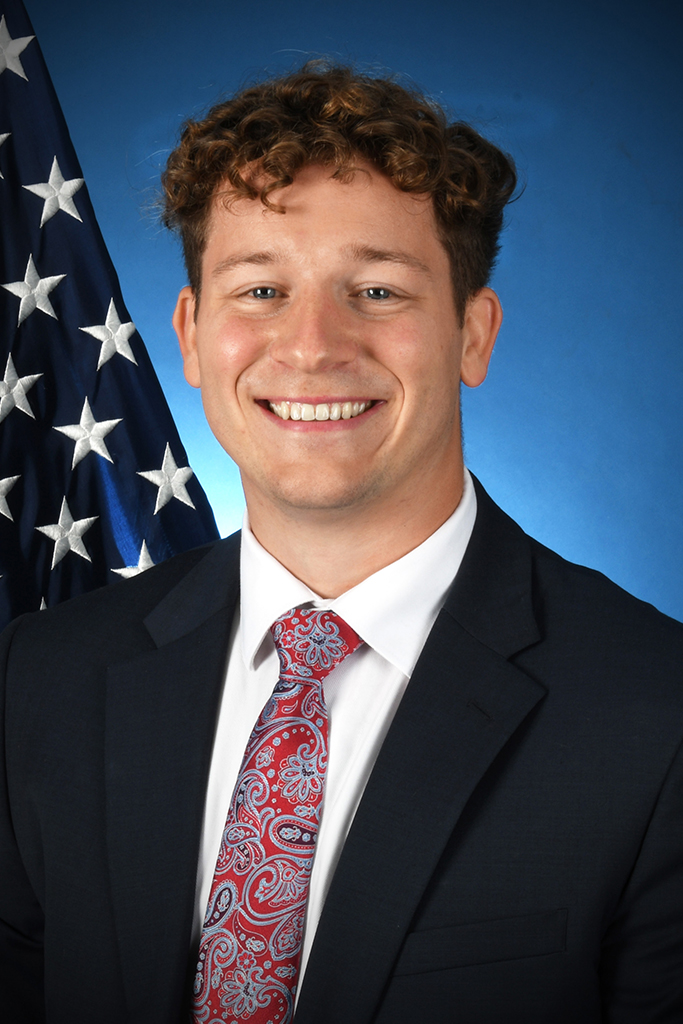
Another next step is designing a large-scale study evaluating Med Wise Rx’s effect on patient safety.
“As we grow, we’d love to study the impact on a large group,” says Chewning.
For example, does attending the workshop have an effect on older adults’ emergency room use, falls, or other clinical and medication use indicators? As Med Wise Rx™ reaches a wider group of patients, the two hope to find those answers and continue pushing the program to improve and grow.
“The great thing about Med Wise is that it’s beneficial for everyone,” Cooley says. “It’s empowering patients. It’s helping pharmacists to have more productive conversations with their patients. And it’s helping insurance companies and health care systems because ultimately, it’s improving health outcomes. It’s putting power in patients’ hands.”
Funding for this project was provided by the UW School of Medicine and Public Health from the Wisconsin Partnership Program (WPP 5129) through a grant to the UW Institute for Clinical and Translational Research (UW ICTR). ICTR also received funding from NIH-NCATS Clinical and Translational Science Award (CTSA)(1UL1TR002373).
